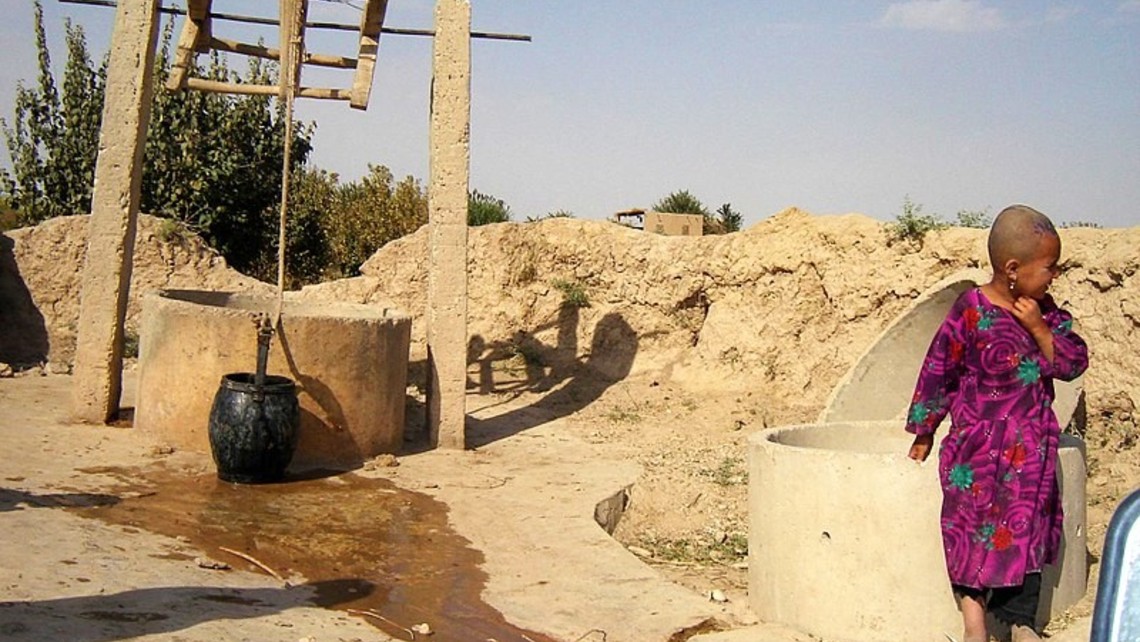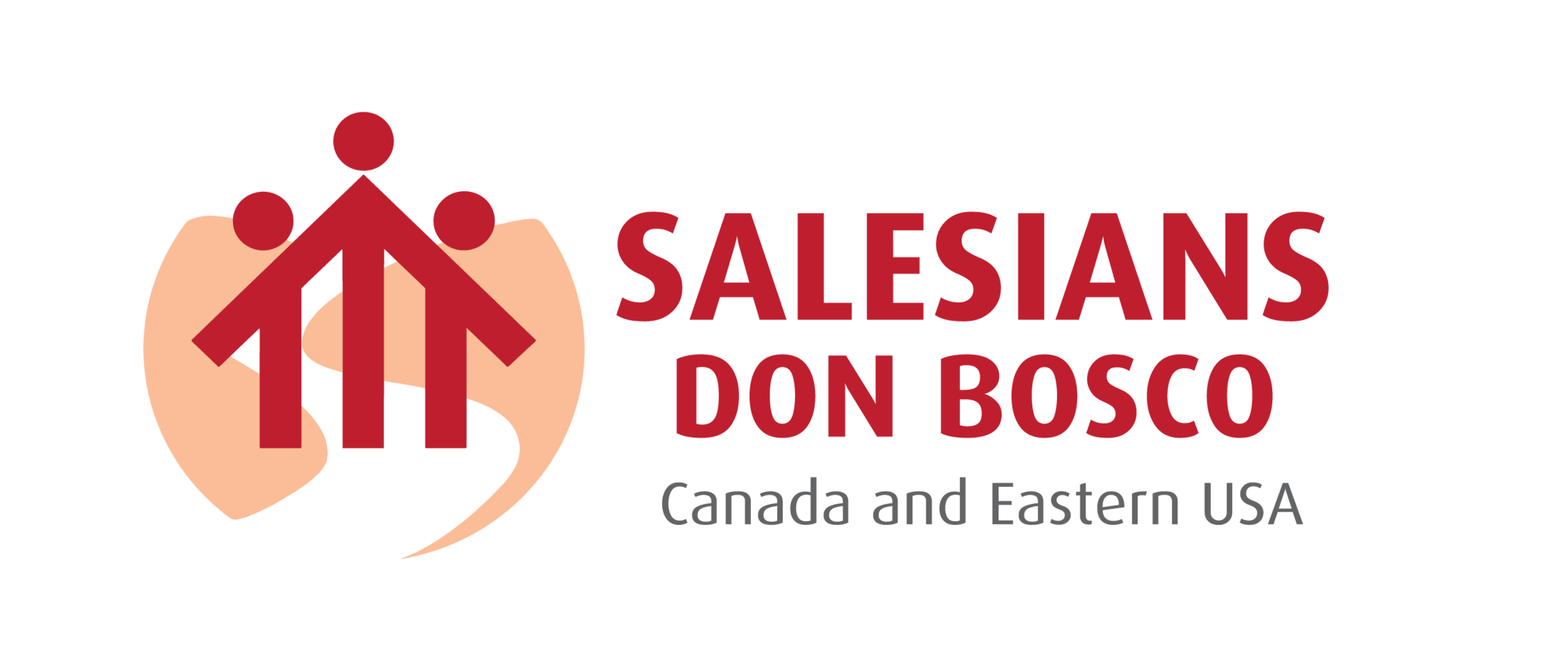
By Fr. Tom Brennan, SDB
As we celebrate the patron saint of the environment, St. Francis Assisi, on October 4, the Church reminds us of our need to care for our common home. Are we mindful of our responsibility to ensure that the earth and its resources need to be protected and used sustainably so that future generations will have all the natural resources they need so that they can live in dignity and tranquility?
One of the essential resources that needs to be preserved and protected is clean, potable water. Without it, life is not possible. In Laudato Si’, Pope Francis addressed access to clean water as an inalienable human right and said that it is necessary for the exercise of other human rights. In paragraph 30, he states quite clearly his thinking on the human right to water.
Even as the quality of available water is constantly diminishing, in some places there is a growing tendency, despite its scarcity, to privatize this resource, turning it into a commodity subject to the laws of the market. Yet access to safe drinkable water is a basic and universal human right, since it is essential to human survival and, as such, is a condition for the exercise of other human rights.
Our world has a grave social debt toward the poor who lack access to drinking water because they are denied the right to a life consistent with their inalienable dignity. This debt can be paid partly by an increase in funding to provide clean water and sanitary services to the poor. But water continues to be wasted, not only in the developed world but also in developing countries that possess it in abundance. This shows that the problem of water is partly an educational and cultural issue since there is little awareness of the seriousness of such behavior within a context of great inequality.
Through the long and complex negotiations that led to the universal commitment of member states of the U.N. to the Sustainable Development Goals (SDGs), the human right to water was explicitly reaffirmed in paragraph 7 of the Agenda’s declaration. This inclusion was due in large part to the intense advocacy work of the religious and water justice organizations working at the U.N. Ambassador Caleb Otto of Palau, who worked closely with these organizations, was an incredible advocate on behalf of the human right to water and was instrumental in convincing many member states of the necessity of explicitly stating the human right to water in the SDGs.
We know that water is essential for life, human dignity, and the health of people and the planet. It is integral to our social, environmental, and cultural commons. The human right to water and sanitation and water justice is also intimately linked to poverty eradication, issues of gender equality, good health, the eradication of hunger, protecting the environment, and creating sustainable communities. The cross-cutting and multidimensional nature of this vital life source and its foundational role in the realization of all human rights has caught the attention of the world community. It is crucial that we, as Church, continue to ensure that water is available, safe, acceptable, accessible, and affordable for all people.
The worldwide water crisis highlights deep inequities in a world where the abundantly wealthy are allowed to control, and often abuse, limited fresh water supplies. At present, a quarter of the world’s population lacks access to safe drinking water, and 40% of the world faces the indignity of inadequate sanitation. It is unconscionable to allow 3.6 million people, including 1.5 million children, to die each year from highly preventable water-related diseases. The health crises that have been caused in Flint, Mich., as a result of an immoral decision to change the source of the water supply show us that the defense of the human right to water must be defended across the globe. Greed and the desire for profit have too frequently denied people their basic human right to water.
During a special event at the UN to honor the bicentennial of the birth of Don Bosco, Cardinal Oscar Rodriguez Maradiaga, SDB, added his voice to the discussions on the formulation of the SDGs and said: “It is essential that we measure and declare the global commitment to water and sanitation not just as management of water and sanitation. Rather, the measure of our commitment is how strongly we protect the human right to water and sanitation” (UNHQ, March 5, 2015).
Our province, as part of the gift to be presented to the Rector Major during his intended visit in September, invited us to contribute to a fund organized by Salesian Missions that would be used to build wells in areas that have limited access to clean water. Rather than make that initiative a one-time event, perhaps we could seek ways to raise money throughout the year to build more wells in our missions. This would be a wonderful contribution to ensure that the people we serve will not be denied their human right to water.






